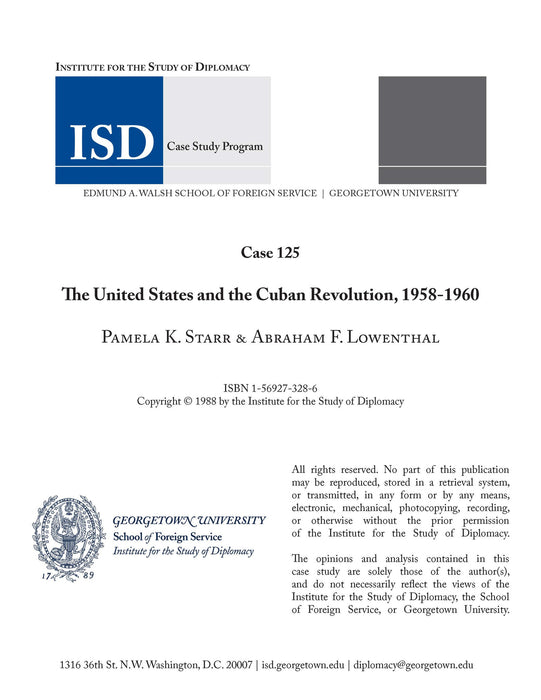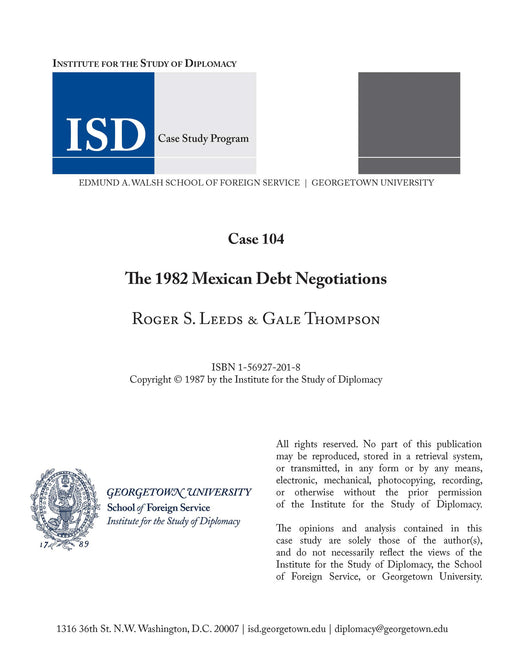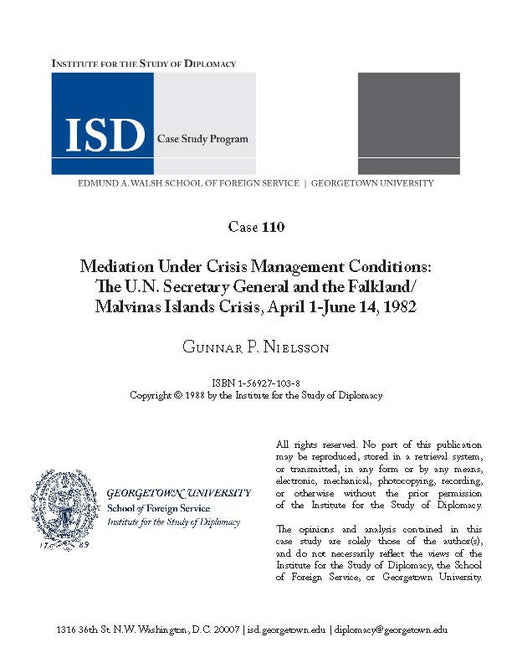Case 125 - The United States and the Cuban Revolution, 1958-1960
Starr, Pamela K. and Abraham F. Lowenthal
The recurrent rise of revolutionary movements in Latin America has long posed a difficult problem for those who formulate U.S. foreign policy: How can U.S. interests be best protected when radical movements threaten to end its historic domination of its “sphere of influence?” This multi-part case study of Washington’s response as Fidel Castro moved to seize power in Havana looks at conflicting perceptions and objectives with regard to Cuba, and the degree to which U.S. policy was affected by the level of government from which particular decisions came.



